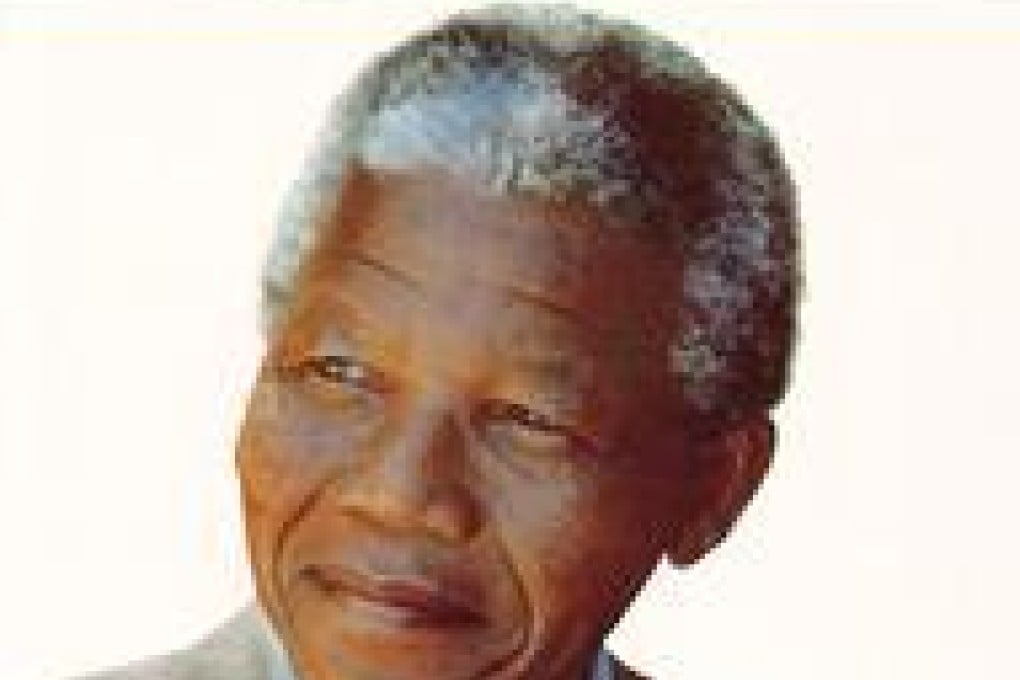Advertisement
Long Walk to Freedom by Nelson Mandela - autobiography of South Africa's first black president a tale of uncomfortable truths.
From his childhood, a time of innocence, to his immersion in politics and long imprisonment, South Africa's first black president charts his extraordinary life.
Reading Time:2 minutes
Why you can trust SCMP

by Nelson Mandela
Macdonald Purnell
Advertisement
Around the time a black South African revolutionary was facing a lengthy spell in jail, a young American musician was engaging in his own form of protest.

Advertisement
Mandela endured humiliation from the mouths of the white leaders and at the hands of the prison guards on Robben Island, but also witnessed immense bravery in the face of great prejudice.
Advertisement
Select Voice
Select Speed
1.00x